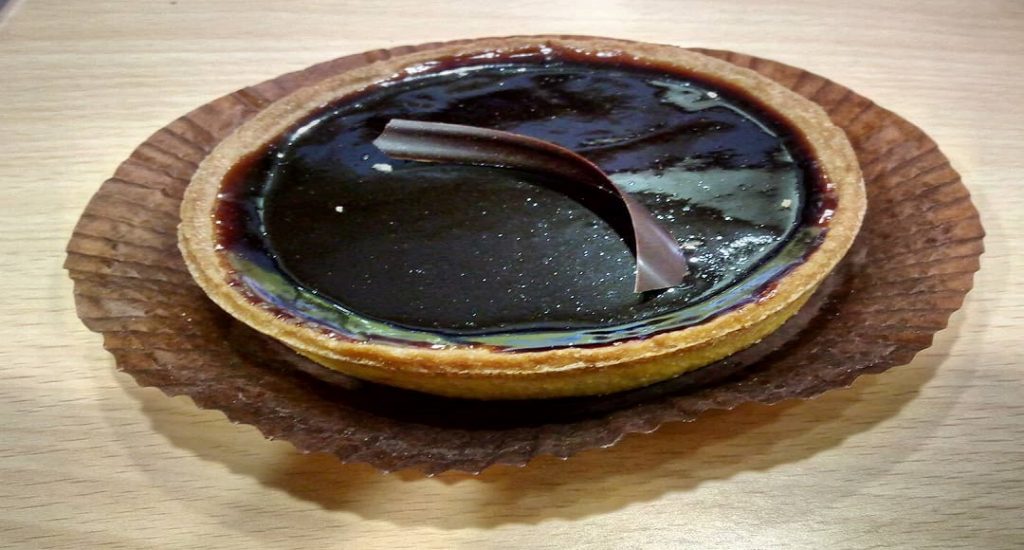Its a new year. So try something new with me. Do a simple Google search right now and you’ll find multiple articles writing about the health benefits that comes with dark chocolate. Headlines from media outlets — both little and huge — talking about upon how healthy the delicious treat can be. But this is not totally true. While it is correct that there are some health benefits from eating cocoa, dark chocolate isn’t the food of the year as it’s been painted out to be.
So, is it actually a terrible thing for you to consume dark chocolate?
Dr. JoAnn Manson, MPH, DrPH, professor in the department of epidemiology at the Harvard T.H. Chan School of Public Health, says no, enjoy your Christmas candy, but don’t listen to all of the exaggerated reports of its health benefits.
Manson, who is also a professor of medicine at Harvard Medical School and the chief in the division of preventive medicine at the department of medicine at Brigham and Women’s Hospital, “I think the key point is that chocolate is a wonderful treat, but it’s not really a health food.”
Manson mentioned that, indeed, cocoa flavanols do exist in dark chocolate, but they are in different amounts depending on the chocolate product you are taking in.
“The amount of flavanols varies tremendously product to product. I don’t know if you are getting a high content of cocoa [in a given product],” she said, pointing out that chocolate also “tends to be high in calories, saturated fat, and sugar.”
Manson is also a part of the Cocoa Supplement and Multivitamin Outcomes Study (COSMOS), a large-scale clinical study that will randomize about 22,000 men and women nationwide to see if taking daily cocoa flavanol supplements or a common multivitamin could bring down a person’s risk for cancer, stroke, or heart disease.
“Cocoa flavanols do look promising for reducing the risk of heart disease and other cardiovascular events, but still, it’s being studied and there is no conclusive evidence yet that this can reduce the risk of clinical heart attacks and events,” Manson said. “The COSMOS trial is a large study population and a large clinical trial. We are about halfway through the trials now… and in 2021 we will be able to report results.”
Manson continued by saying that we are not ready to authoritatively say exactly how beneficial cocoa flavanols could be for your health. She said that the early research indicates that they could be helpful for cognitive function and reducing the risk of heart disease.
“There is some research going on at Columbia, and we are actually collaborating with them. I would say, in two to three years, we will have a good handle on the health benefits, the health effects of cocoa flavanols,” she added.
Manson said that we should all be patient for the results of the study to fully know just how impactful flavanols, derived from chocolate, can be on a person’s health.
Ali Webster, PhD, RD, associate director of nutrition communications at the International Food Information Council Foundation, recently said that even though dark chocolate can give important minerals like iron, copper, zinc, phosphorus, and magnesium, the amounts of these nutrients is fairly small compared to that found in other foods.
“I hate to ruin the fun, but I wouldn’t recommend relying on dark chocolate to improve your health,” Webster said. “Dark chocolate is a concentrated source of calories and eating too much of it can lead to eating too many calories in general, which may result in weight gain. Even with a few notable health benefits, it’s important to remember that dark chocolate should still be considered a treat or small indulgence — something we eat once in a while or in small amounts.”
Webster added that the amount of chocolate you would have to consume to get the right amount of flavanols would “be quite large.”
“In some cases, we’re talking more than a whole bar of chocolate, if the percentage of cocoa isn’t very high. The higher the percentage of cocoa, the higher the flavanol content is per ounce, meaning that you’d need a smaller serving of chocolate to deliver the same amount of flavanols,” Webster said.
Manson said that the media’s love to pounce the latest “health food craze” can be frustrating.
“I think it’s important that the public gets accurate and responsible information, especially about dietary supplements and if someone is being told that a candy, a type of candy, is a ‘health food,’ then there needs to be a lot of evidence for that,” Manson said.
It’s clear as day why being careful at movements to declare any kind of chocolate a “health food.” is the order of the day.
